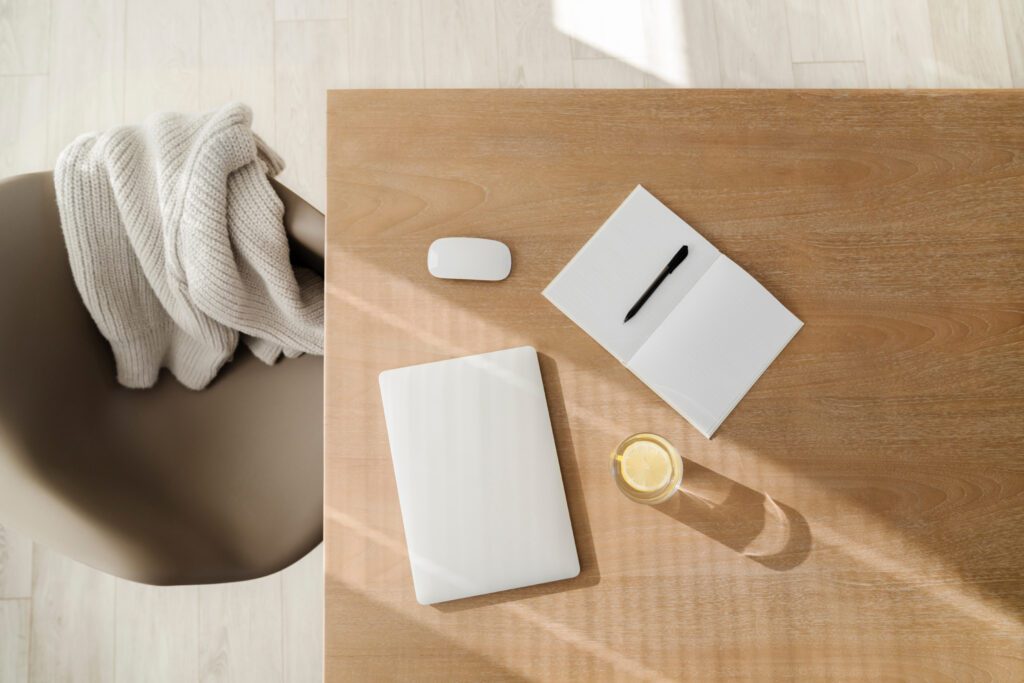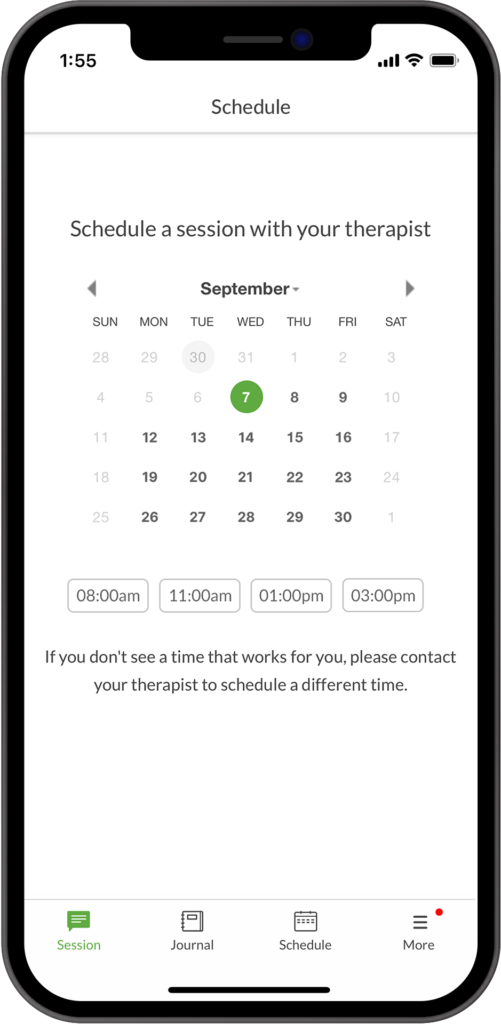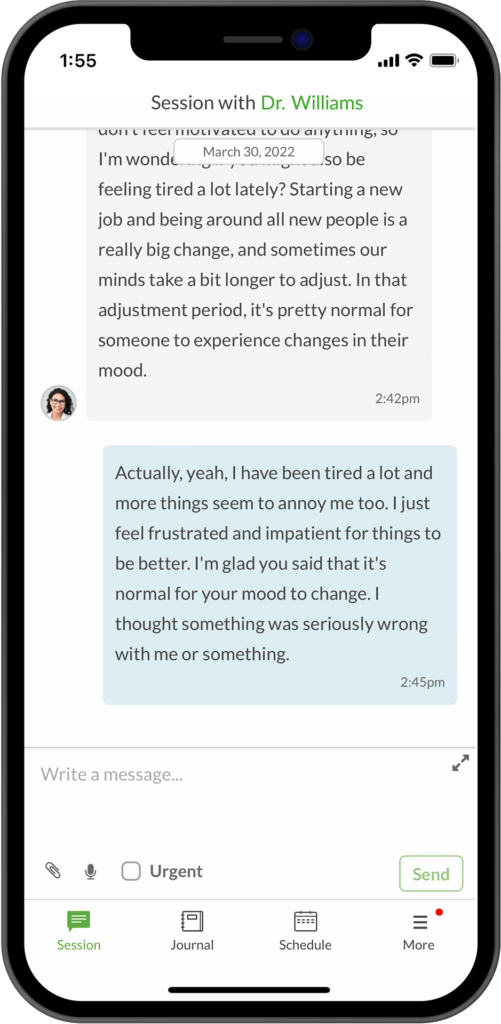Understanding how to cope with anxiety and stress is essential, as these challenges affect so many people in daily life. In the United States, levels of stress and anxiety have risen dramatically, turning them into unwelcome companions for countless individuals.

The constant barrage of information, societal pressure, and global uncertainty can have us feeling overwhelmed and struggling to find balance. The good news in all of this is there are effective strategies to manage the challenges and reclaim peace of mind.
Table of Contents
Understanding Anxiety and Stress
Before we dive into coping mechanisms, it’s pertinent to understand exactly what we’re dealing with.
Anxiety is our body’s natural response to perceived threats, characterized by feelings of worry, unease, or fear. Stress, on the other hand, is our reaction to external pressures or demands.
While both are normal human experiences, chronic anxiety and stress can significantly impact our mental and physical well-being. They can lead to sleep disturbances, decreased productivity, strained relationships, and even physical health issues if we leave them unchecked.
Recognizing the Signs
The first step in managing anxiety and stress is recognizing their presence in our lives. Common signs include:
1. Persistent worry or racing thoughts
2. Difficulty concentrating or making decisions
3. Irritability or mood swings
4. Physical symptoms like headaches, muscle tension, or digestive issues
5. Changes in sleep patterns or appetite
6. Feeling overwhelmed or out of control
If you’ve been experiencing any of these symptoms, it’s time to learn some coping strategies.
Effective Coping Strategies
- Mindfulness and Meditation
Practicing mindfulness helps ground you in the present moment. It reduces anxiety about the future or regrets about the past. A few minutes of daily meditation or deep breathing exercises is all it takes. Apps like Headspace or Calm can guide you through the process. Listen to my very own Deep Trance Guided meditation. It’s 10 minutes and can help you feel relaxed and feel a deep sense of calm.
- Regular Exercise
Physical activity is a powerful stress alleviator. It helps release endorphins, improves mood, and enhances overall well-being. Find a physical activity you enjoy, whether it’s yoga, jogging, dancing, or cycling, and make it a regular part of your daily routine.
- Establish a Healthy Sleep Routine
Quality sleep is essential for managing stress and anxiety. Create a calming bedtime routine, limit screen time before bed, and aim for 7-9 hours of sleep each night. Check out this post for setting up the perfect bedtime routine.
- Practice Self-Care
Self-care is so essential. Prioritize activities that nurture your mind, body, and soul. This could include reading, taking a relaxing bath, spending time in nature, or pursuing a hobby you love.
- Connect with Others
Strong social connections are vital for emotional well-being. Reach out to friends and family, join support groups, or consider volunteering. Sharing your feelings with others will help give you relief and a deeper perspective.
- Time Management and Prioritization
Feeling overwhelmed often stems from poor time management. Learn to prioritize tasks, set realistic goals, and don’t be afraid to say “no” to commitments that stretch you too thin. Setting SMART Goals can impact your stress and anxiety management immensely.
- Limit Information Overload
While staying informed is important, too much exposure to news and social media can exacerbate anxiety. Set boundaries on your media consumption so you don’t burn out.
- Practice Gratitude
Focusing on the positive things in life helps shift perspective and reduces stress. Keep a gratitude journal or share a few things you’re thankful for each day with a friend or family member. Consider exploring more on the power of gratitude or starting a self-care journal.
- Healthy Nutrition
A balanced diet rich in whole foods, fruits, vegetables, and omega-3 fatty acids helps support your mental health. Limit caffeine and alcohol, as these can worsen anxiety symptoms. Explore the best foods for optimal health to your nutritional intake and impact stress with new and better health practices.
- Professional Support
Sometimes our own strategies are not enough, and that is when professional guidance can make all the difference. A trained mental health professional can offer tools, perspective, and support that help manage anxiety and stress in ways we might not find on our own.
Because I am deeply committed to mental wellness, I want people to have access to care that actually fits their needs. That is why I have partnered with BetterHelp, a platform designed to make therapy more accessible and convenient.



BetterHelp is the world’s largest therapy service, and it’s 100% online.
BetterHelp offers a network of over 25,000 licensed and experienced therapists who can help you with a wide range of issues. Just click on the link below, answer a few questions, and get matched with a therapist from the network.
One of the most amazing features of BetterHelp, if you don’t jive with your therapist you can switch to a new one that’s a better fit for you any time free of charge.
With BetterHelp, you get the same professionalism and quality you expect from in-office therapy, but with a custom-picked therapist, more scheduling flexibility, and at a more affordable price.
Get 10% off your first month at BetterHelp by clicking the button below.
Embracing a Holistic Approach
Remember, coping with anxiety and stress is not about eliminating these feelings entirely – it’s about finding resilience and coming up with powerful ways to manage them effectively. Each person’s journey is unique, so be patient with yourself as you explore different strategies and find what works best for you.
Incorporate these techniques into your daily life gradually. Start with one or two that resonate for you and build from there. Consistency is key: small, regular efforts will lead to significant improvements over time.
As you navigate through the challenges, know that you’re not alone. Millions of people are on similar journeys looking to find balance and peace amidst the chaos. By prioritizing your mental well-being and implementing these helpful coping strategies, you’re taking important steps towards a more centered, resilient you.
Remember, it’s okay to have bad days – they’re part of the human experience. What matters is how we respond to these challenges and the tools we use to overcome them. With patience, self-compassion, and the right strategies, you can learn to thrive even in the face of anxiety and stress.
And for anyone seeking more inspiration and practical advice, the Blossom Your Awesome Podcast offers thoughtful conversations on mental wellness and personal growth.
If you want to read more, check out these posts:
Comments +
How to Cope With Anxiety and Stress in Today’s World
Mental Health, Self Improvement